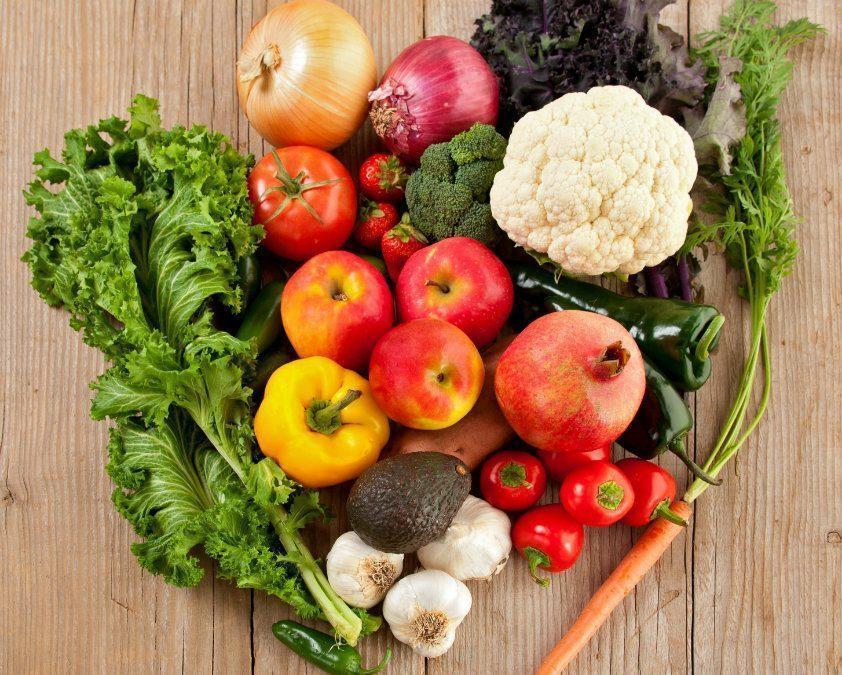As we grow older, the risks for many age-related diseases increase. One such malady currently afflicting approximately three million people in the United States is glaucoma, where increased pressure within the eyeball causes the gradual loss of sight. While this eye disease mainly affects senior citizens, everyone is at risk. Because glaucoma is not curable, you should learn how to lower your risk of contracting it.
Don’t Turn a Blind Eye to Eating Right
Although you already eat a healthy diet for many reasons, you can now add glaucoma prevention to the list. Several research studies point to a connection between diet and a decreased risk of glaucoma in later life. Unsurprisingly, many of the foods suggested are already thought to reduce the risks of many other debilitating diseases.
The foods researchers claim are important for eye health and possibly prevent glaucoma include:
- Dairy foods such as milk and cheese
- Leafy greens such as spinach, cabbage and kale
- Fruits and vegetables, and more specifically, orange fruits and vegetables such as carrots and peaches
- Foods and liquids high in antioxidants, such as green tea, red wine and chocolate
- Foods rich in a type of vitamin A known as retinol
- Eggs, nuts, and citrus
Know the Foods to Avoid
It isn’t enough to just eat many of the foods mentioned above; you need to know which foods to avoid to reduce the risks of glaucoma and maintain good eye health, as well as improve overall health.
- Keep salt consumption to a minimum. Everyone needs a little salt, but moderation is key.
- Don’t overdo the caffeine. While coffee does contain antioxidants, too much caffeine can increase blood pressure, which is especially bad if you already have glaucoma.
- Drink small amounts of liquid throughout the day instead of large quantities at one time.
- Try to maintain a low-calorie diet.
You should see your optometrist for an eye exam every year. Many Americans suffering from glaucoma never realize it because the symptoms are not easily recognized. An early diagnosis can possibly prevent the disease from getting worse.
Sources:
Kilham C. (2014, September 10). ” Foods to help reduce glaucoma risk.” Fox News (Website). Accessed on April 23, 2015.
Sheehan J.. (n.d.). “Foods to help reduce glaucoma risk.” SF Gate (Website). Accessed on April 23, 2015.
(2014, September 14). “Fruits and Vegetables May Reduce Glaucoma Risk.” University Herald (Website). Accessed on April 23, 2015.
